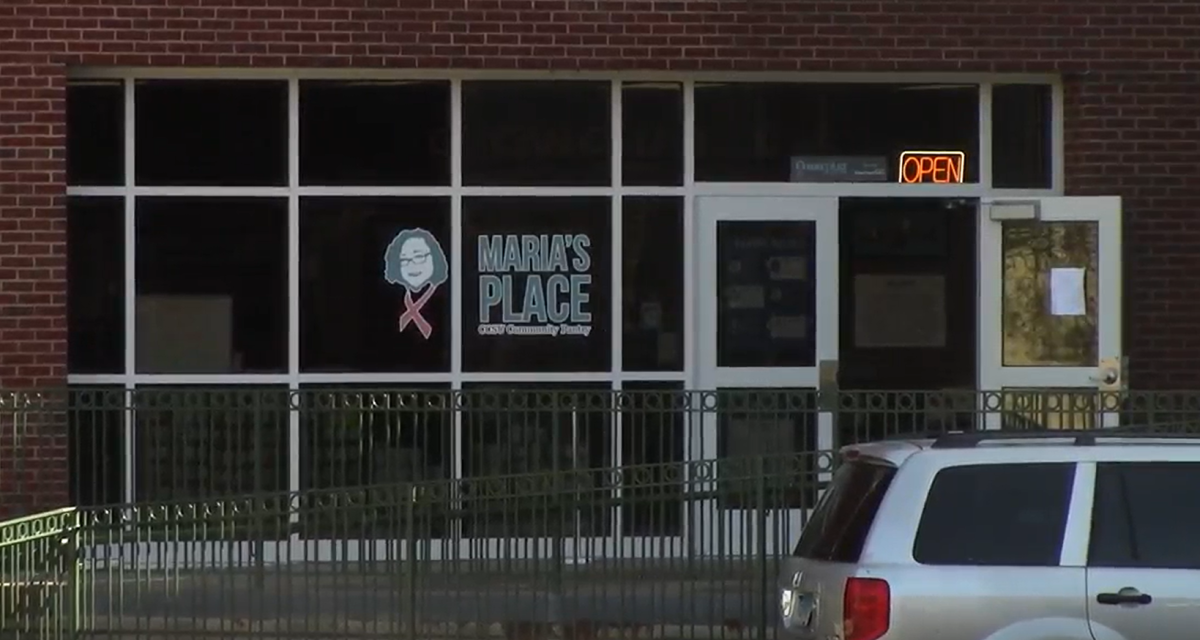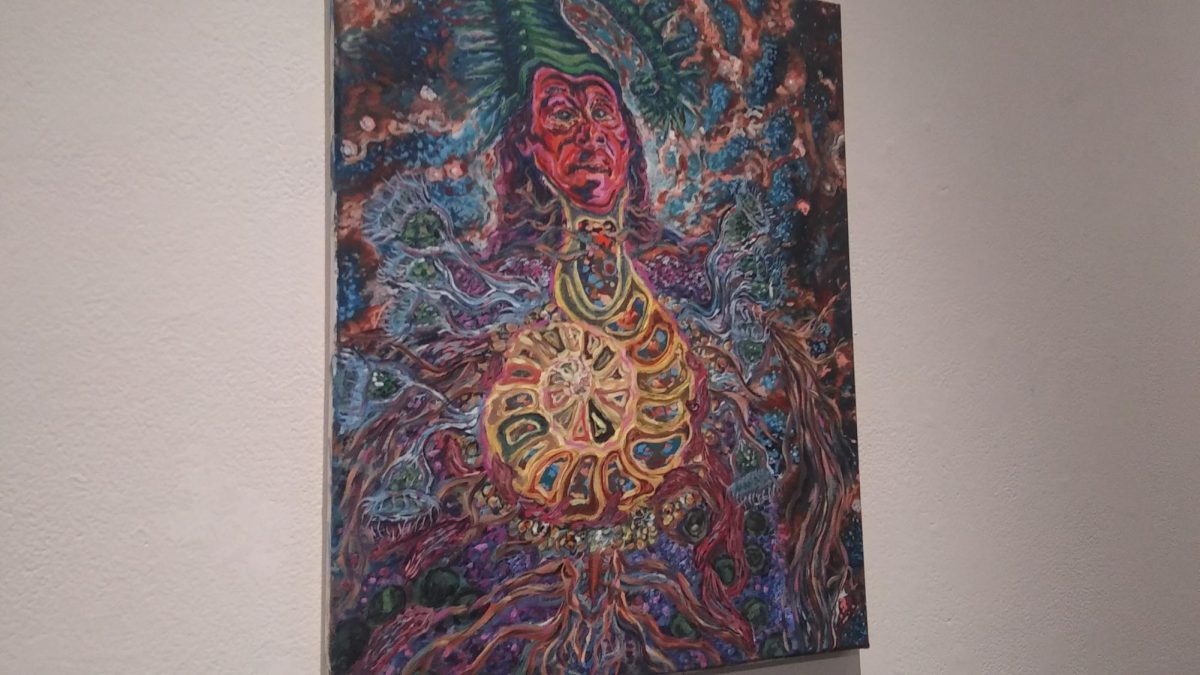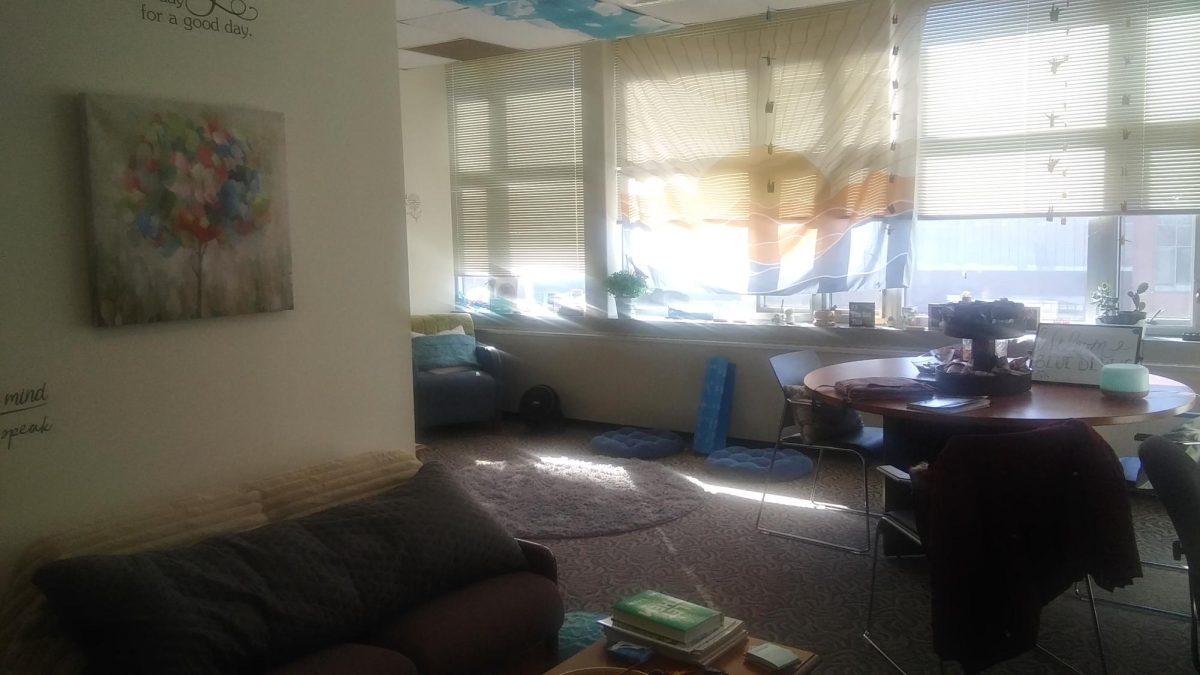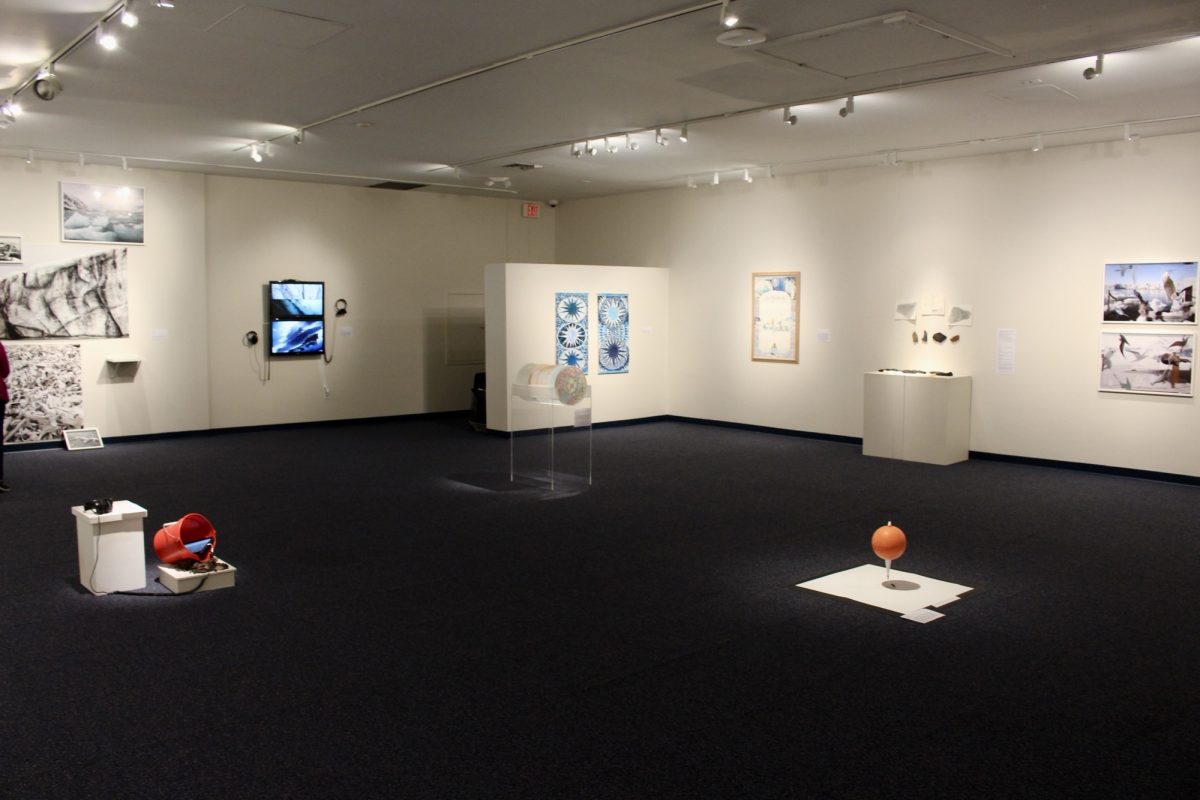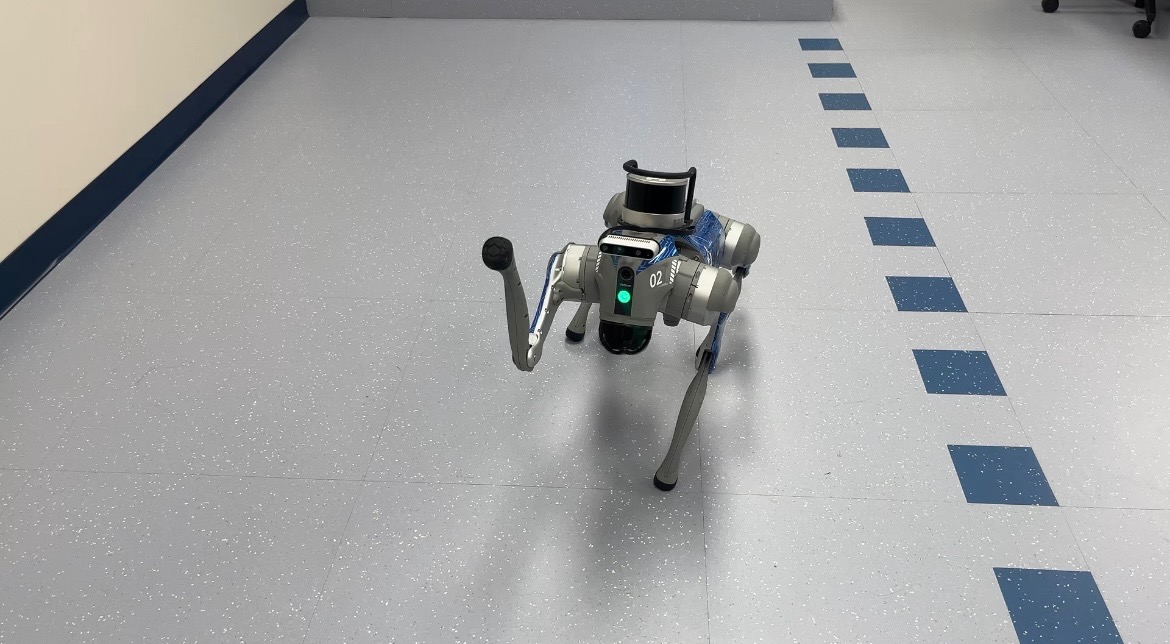The N-word and a swastika were found on a bathroom stall door in Seth North Residence Hall on Nov. 13th.
According to a letter sent by President Toro, the vandalism was since removed by the university. This act of vandalism is currently being investigated by the Central Connecticut State University Police Department.
“In addition to the criminal investigation, any member of the campus community found to be responsible will be subject to disciplinary procedures for violation of Central policies and regulations,” Jodi Latina associate Vice President of Communications and Media said.
“Central has zero tolerance for all forms of hate crimes,” Toro wrote in an email sent to the CCSU community. “These messages are offensive and impact all members of our community.”
Susan Koski, LP.D. a professor for the Department of Criminology & Criminal Justice said while violent crimes are down, hate crimes and property crimes are on the rise.
“Many times hate crimes and property crimes overlap,” Koski said. “The most common type of hate crime is vandalism.”
Across the country there has been a rise in anti-Semitic incidents on college campuses. Kathleen Bantley, a professor of criminology and criminal justice who studies hate crimes, said this is because of the start of the Israel-Hamas war.
“Anytime you have a terrorist event, you will always see a rise in hate crimes,” Bantley said. “When there is unrest in the world, more people lash out and commit hate crimes because they feel emboldened.”
College campuses are at a high risk for hate crimes, Koski said.
“College campuses are densely packed and diverse,” she said. “College is the first time some students may see people from different races, genders, sexualities and religion, especially if you grew up in somewhere rural and primarily white.”
Bantley said the first step in helping reduce the incidences of hate crimes is reporting them.
“Most hate crimes are not reported so it was important that the student who saw the hate crime reported it right away,” Bantley said. “With any type of crime, it’s important to act swiftly.”
When a hate crime occurs it is not only sending a message to the victim but also members of the community. It is important during this time to show support to members of the affected group, Bantley said.
“Reaching out to members of the affected group and showing your support to them. Be it your friends, family, classmates, dormmates. Is a good first step,” Bantley said. “Vandalism is extremely visible so the more visible support you can give is huge. This level of support is huge and shows that we don’t accept this behavior. Unfortunately, these things will continue to occur but the more we can all be there for each other and unite the better.”
It is also important to have an open dialogue when a hate crime occurs. It helps allow people to examine their past behaviors and biases. Open dialogue fights ignorance and promotes tolerance, Koski said.

